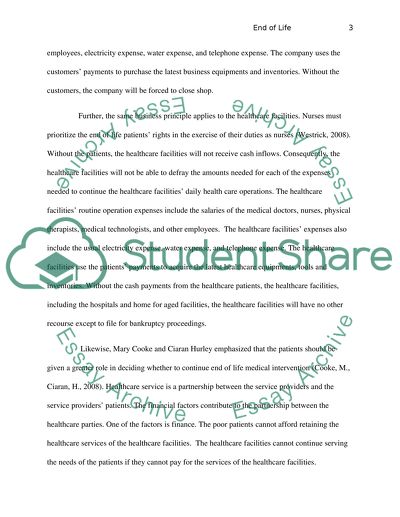Cite this document
(“End of Life Care Research Paper Example | Topics and Well Written Essays - 1500 words”, n.d.)
End of Life Care Research Paper Example | Topics and Well Written Essays - 1500 words. Retrieved from https://studentshare.org/nursing/1468581-end-of-life-care
End of Life Care Research Paper Example | Topics and Well Written Essays - 1500 words. Retrieved from https://studentshare.org/nursing/1468581-end-of-life-care
(End of Life Care Research Paper Example | Topics and Well Written Essays - 1500 Words)
End of Life Care Research Paper Example | Topics and Well Written Essays - 1500 Words. https://studentshare.org/nursing/1468581-end-of-life-care.
End of Life Care Research Paper Example | Topics and Well Written Essays - 1500 Words. https://studentshare.org/nursing/1468581-end-of-life-care.
“End of Life Care Research Paper Example | Topics and Well Written Essays - 1500 Words”, n.d. https://studentshare.org/nursing/1468581-end-of-life-care.


